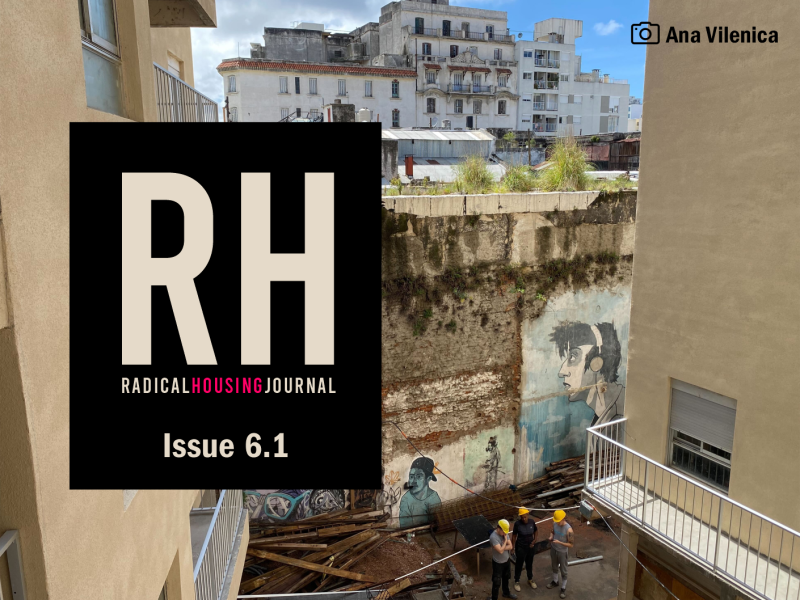Issue 6.1
Housing as a battlefield
Since October 2023, we have witnessed the human and material devastation brought about by the horrific mediatised genocide of Palestinians in Gaza and the West Bank, itself preceded by a long history of ‘urbacide’—an intentional form of urban destruction characterised by siege and denied rehabilitation (Chiodelli 2022). In his research on modern warfare and ‘domicide’ in Syria (2022), Amar Azzouz has spoken eloquently about ‘…the millions of ordinary people caught up in today’s wars—wars which have transformed streets, towns and neighbourhoods into battlefields.’ With people’s homes at the centre of these battlefields, we are witnessing the socio-spatial ruination of possible futures through rapid mass displacement and violent, deadly dispossession of land and life.
In this issue we draw attention to housing as a battlefield—an intentionally aggressive metaphor—because of the violent way people’s homes and livelihoods are being drawn into the discourse and logic of wars and conflicts all over the world in contemporary late capitalism. Such violent forms of housing dispossession occur not only under armed conflicts, but also through institutional forms of housing violations such as recurrent and forced eviction. This is not disconnected from the wider material production of housing injustice, dispossession and homelessness that the RHJ, alongside other critical journals and networks, has sought to historicise, humanise and visibilise with a view towards liberation from, and a transformation of, these processes.
Cover image: Photo by Ana Vilenica of the Cooperativa Unidad Familiar Mundo Afro (UFAMA) Cordón 1, an Afro-Uruguayan women led cooperative mutual aid housing project in Montevideo. This cooperative is a member of FUCVAM a federation of mutual aid housing cooperatives based in Uruguay.
https://doi.org/10.54825/JUBJ1686
Editorial
The Long Read
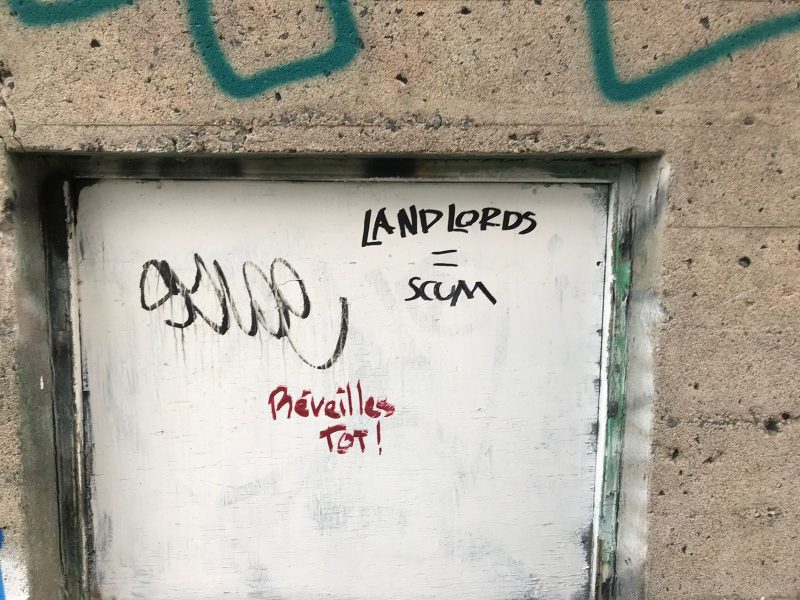
In defense of ‘landlord’
Why the term ‘landlord’ continues to be essential to rental housing
Danielle Kerrigan
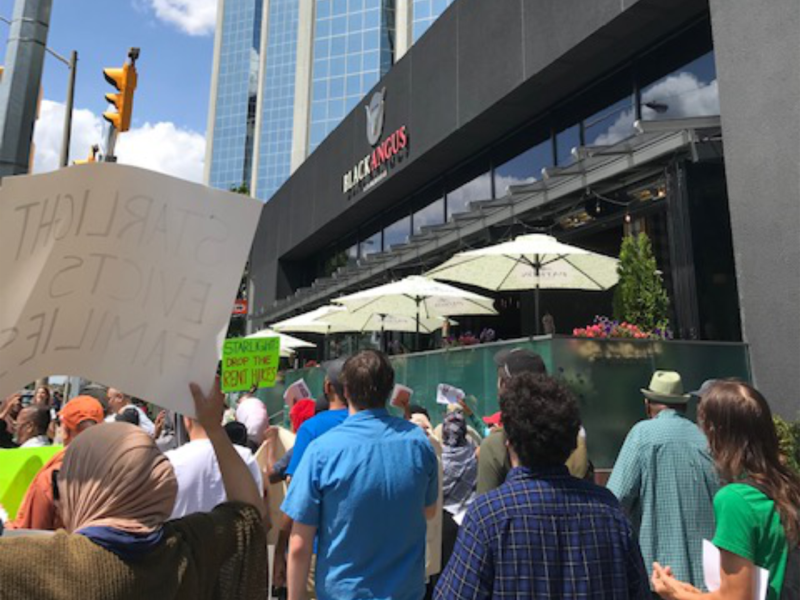
Housing beyond land rent?
A critique of market housing solutionism
Stefan Kipfer and Luisa Sotomayor
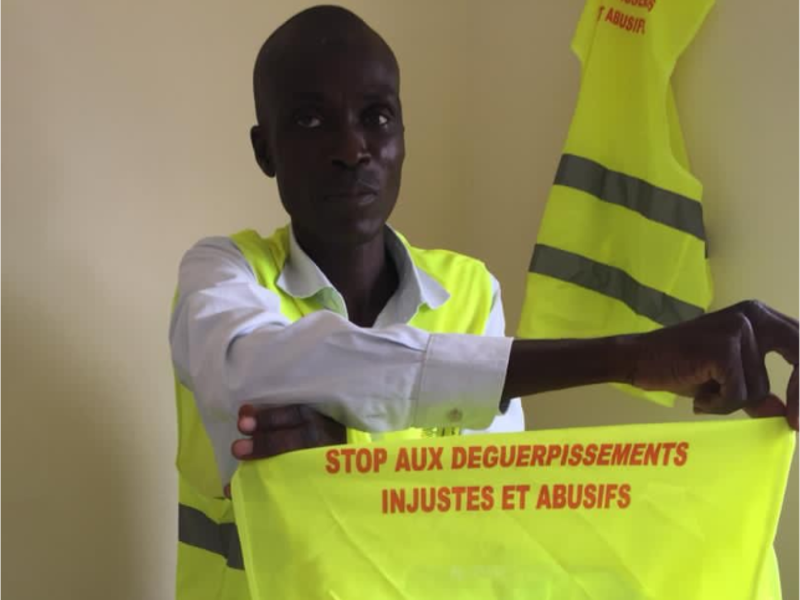
What is radical?
Silent and noisy intersections in Abidjan’s struggles against housing precarity
Andrea Guida
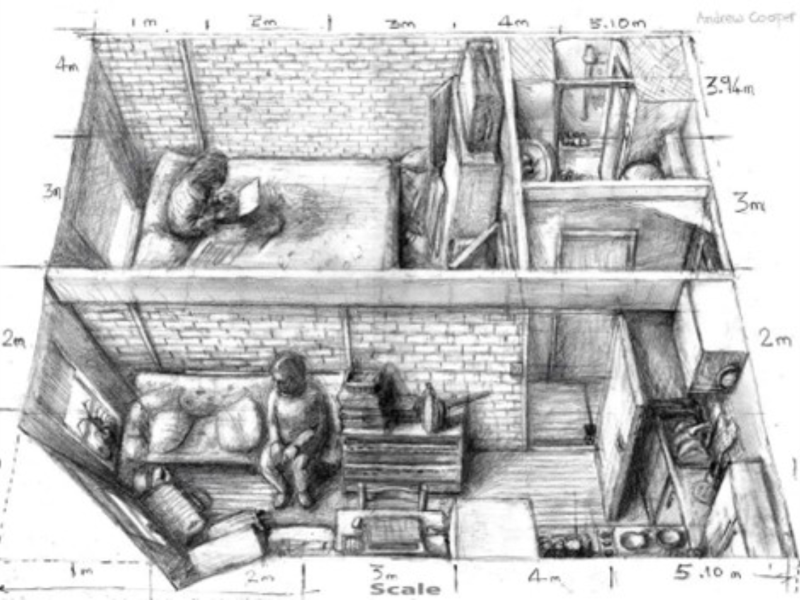
The need to escape:
Carceral entrapments and fugitive manoeuvres amidst London’s vicious housing circle
Toni Adscheid
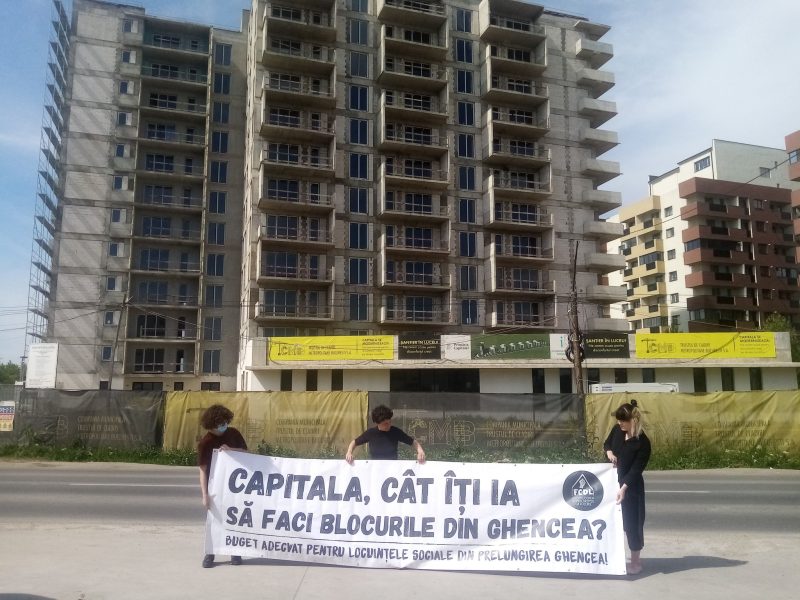
A structural view on housing movements:
Strategic lessons from a field of contention approach
Ioana Florea, Agnes Gagyi and Kerstin Jacobsson
Conversation Series
Pursuing Tenant International: Learning from struggles for home in Abya-Yala, edited by Ana Vilenica (Part II)
The conversation series ‘Pursuing Tenant International: Learning from struggles for home in Abya-Yala,’ starts from a premise that there is a decentralized Tenant International in the making across different geographies, despite and against forced internationalism, a complex landscape of housing dispossession and abandonment involving various actors, including states, transnational corporations, and non-profit organizations that collaborate across borders to profit from our homes. This conversation series utilizes the Radical Housing Journal as a nod to this movement and builds on the idea that conversations can serve as tools for fostering relationships between tenants, organizers, activists, artists, and thinkers in cross-border struggles. This series, spanning several issues of the Radical Housing Journal, features multiple conversations with base leaders, organizers, and intellectuals involved in local struggles throughout the Americas, also referred to by its Indigenous name Abya-Yala. Part I can be found here. These conversations will provide readers with valuable insight into tactics and strategies used by different groups to enrich local and cross-border solidarity, strengthen opposition to dispossession, and construct alternatives here and now. These conversations also touch on a wide range of perspectives relating to territories and lands—including those domestic (related to home), communal, Indigenous, Black, and internationalist—where resistance has inspired movements for new housing futures.
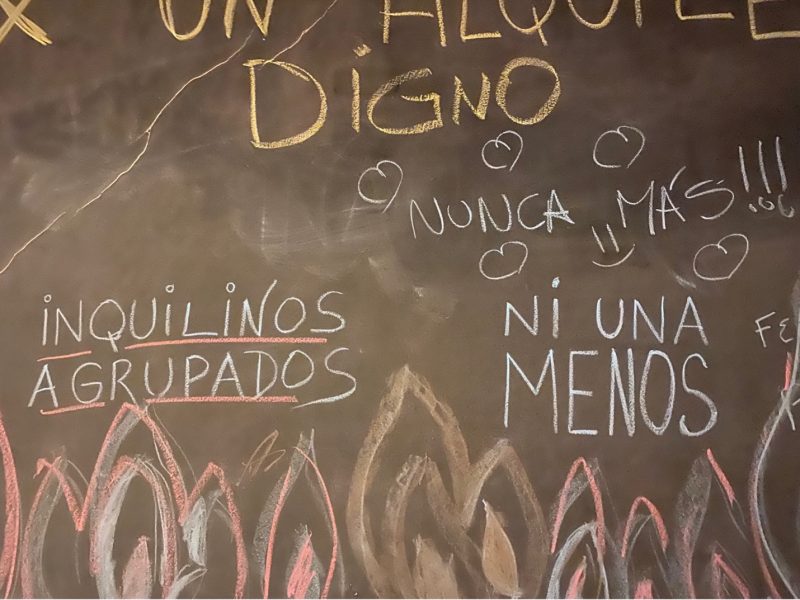
Dismantling rentier logic:
Tenants struggles in Argentina
Gervasio Muñoz (Inquilinos Agrupados), Ana Vilenica and Moisés Quiroz
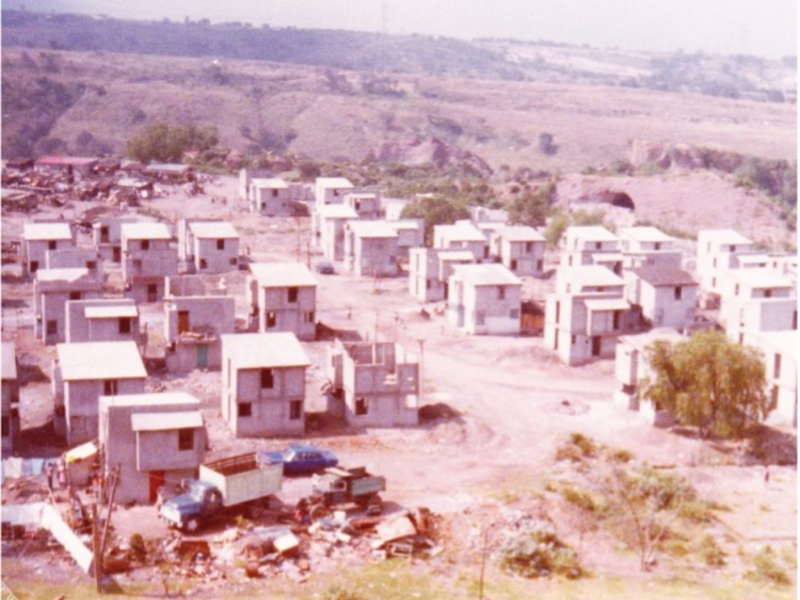
Tracing a long history of the Habitat International Coalition and the social production of habitat
Enrique Ortiz and Maria Silvia Emanuelli (HIC-AL), and Ana Vilenica
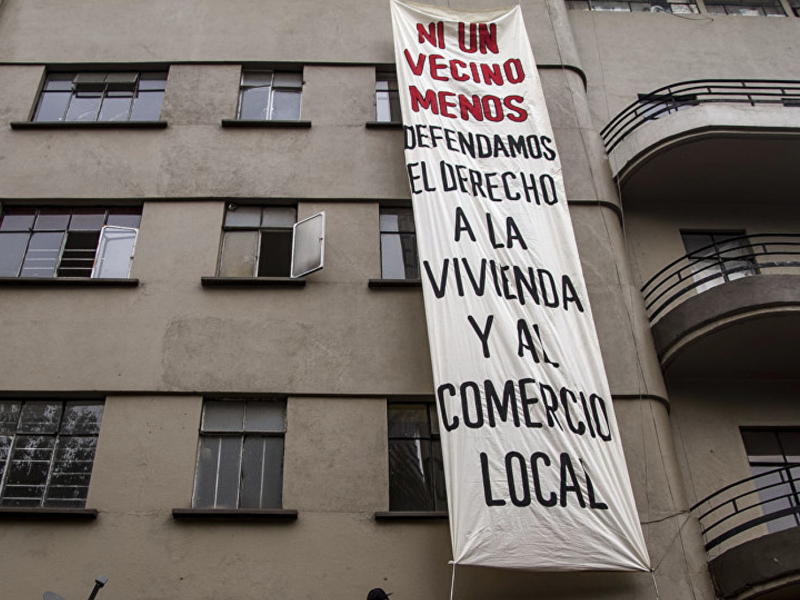
Not one neighbour less:
Temporalities of tenants organising in Mexico City
06000 Plataforma Vecinal y Observatorio del Centro Histórico and Ana Vilenica
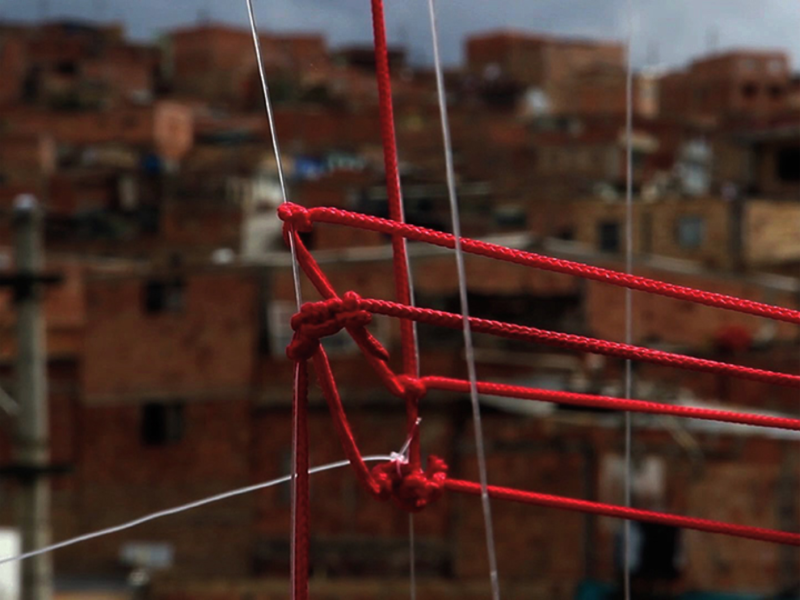
Dialogical devices and political possibilities of art:
Occupy, inhabit, resist
Sandra Calvo and Ana Vilenica
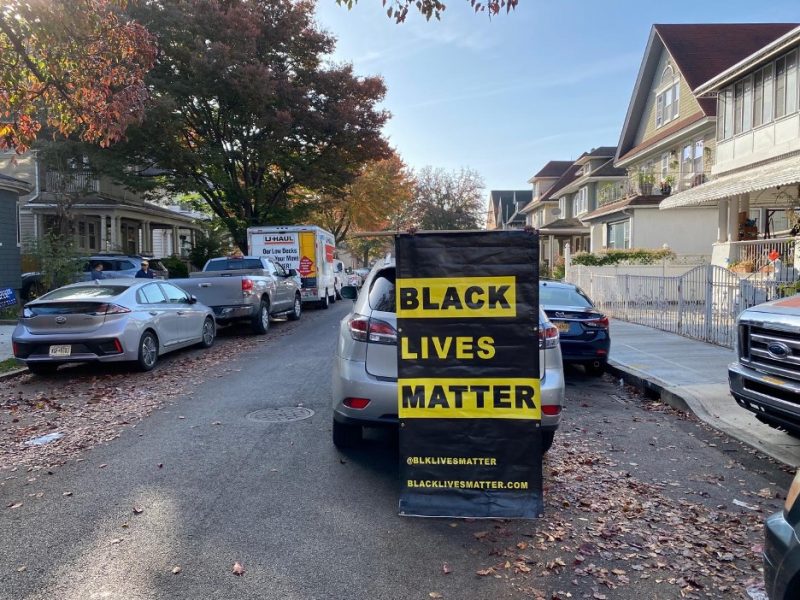
Organising enclaves under Black and Brown leadership in New York City
A conversation with Imani Henry of Equality for Flatbush (E4F)
Imani Henry (E4F) and Ana Vilenica
Conversations
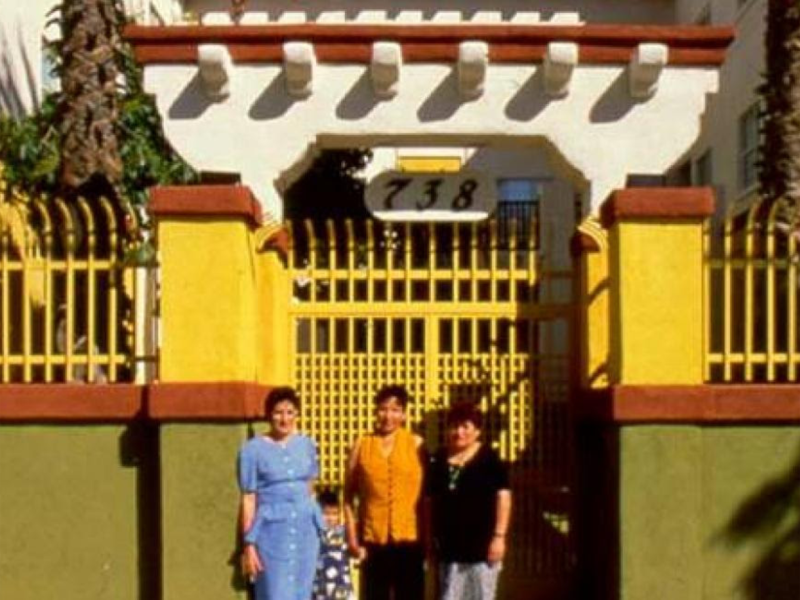
Like a fellow traveler of organizers:
A conversation with Allan Heskin on multicultural housing organizing
Allan Heskin, Melissa Fernández Arrigoitia and Mara Ferreri
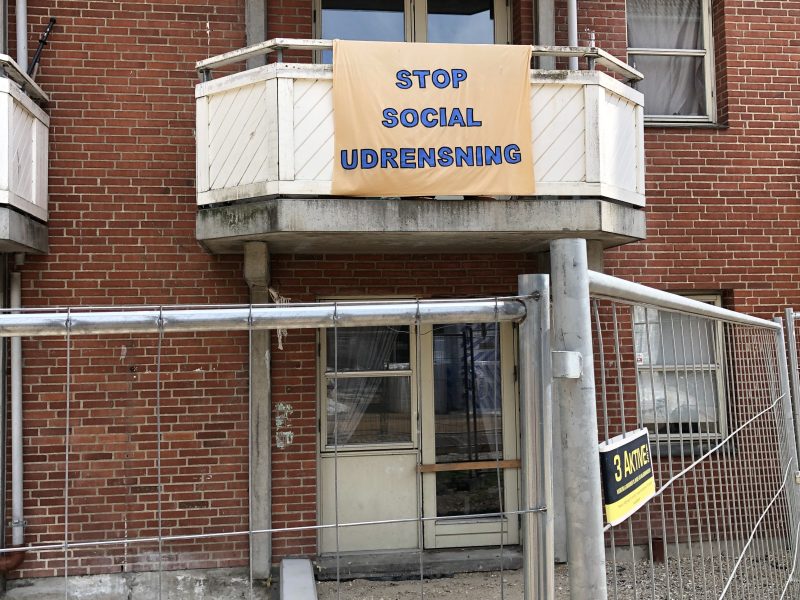
‘You can simply say no’
Narrating the effects and affects of Danish and Swedish housing in crisis
Sara Brolund de Carvalho, Maryam Fanni, Heidi Svenningsen Kajita, Jennifer Mack, Helena Mattsson, Svava Riesto and Meike Schalk
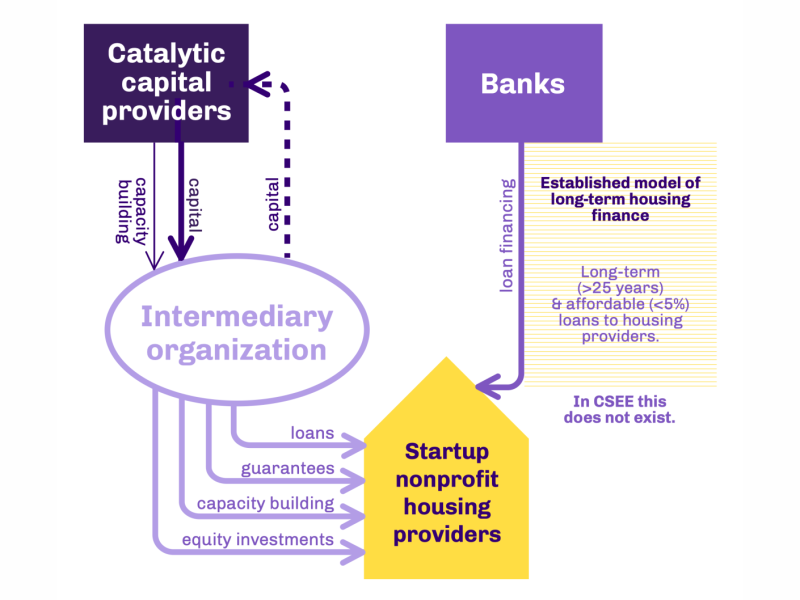
MOBA:
Rethinking needs and financing for affordable rental and cooperative housing in Central and South-Eastern Europe
Zsuzsanna Pósfai, Csaba Jelinek, Mara Ferreri and Camila Cociña
Updates
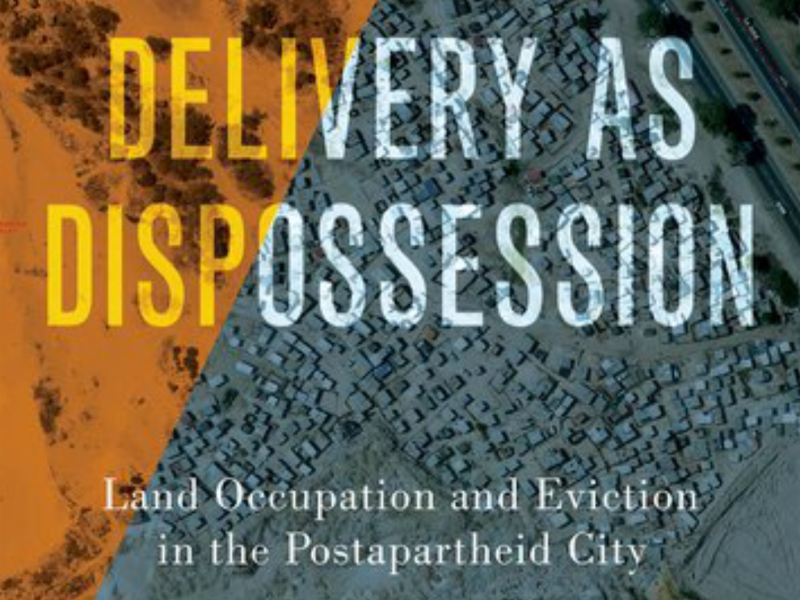
Book review
Delivery as Dispossession: Land Occupation and Eviction in the Postapartheid City (2022) by Zachary Levenson
Katherine Wiley
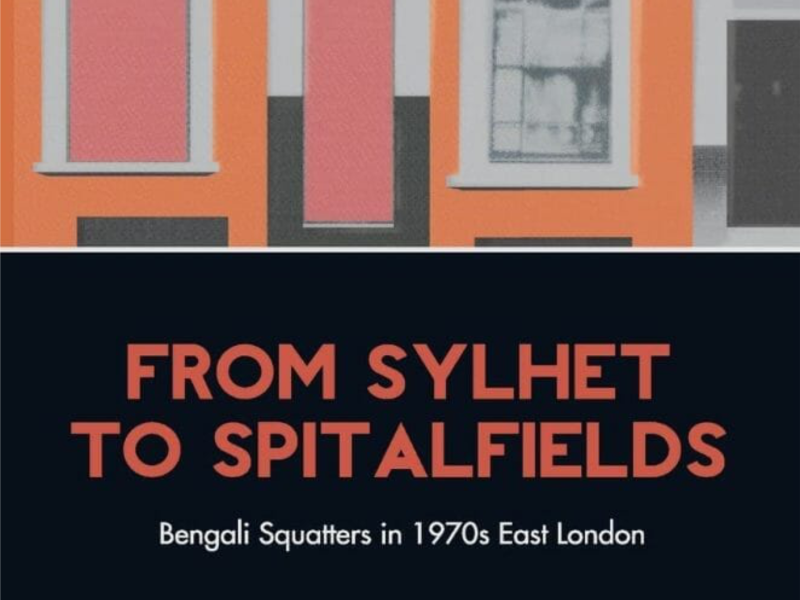
London otherwise:
A book review of From Sylhet to Spitalfields: Bengali Squatters in 1970s East London by Shabna Begum, 2023
Samuel Burgum
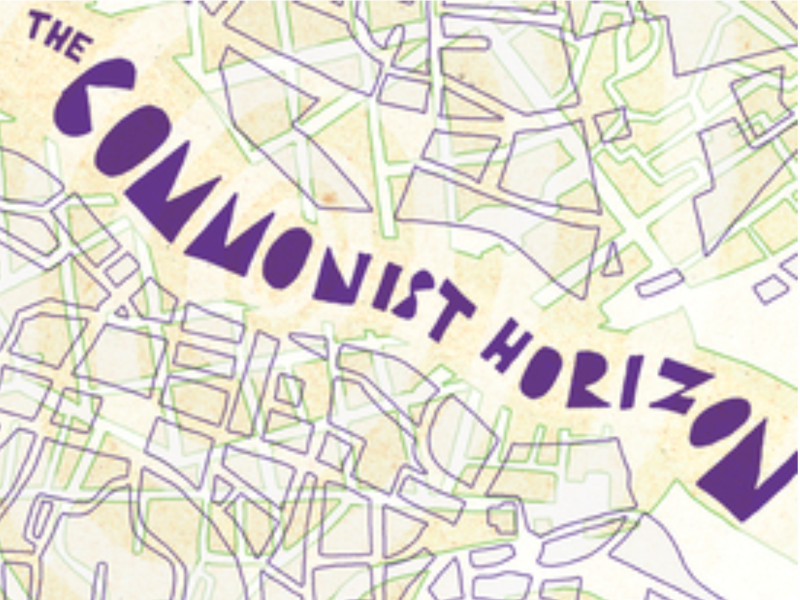
Book review
The Commonist Horizon: Futures Beyond Capitalist Urbanization (2023) edited by Mary N. Taylor and Noah Brehmer
Bernadett Sebály
